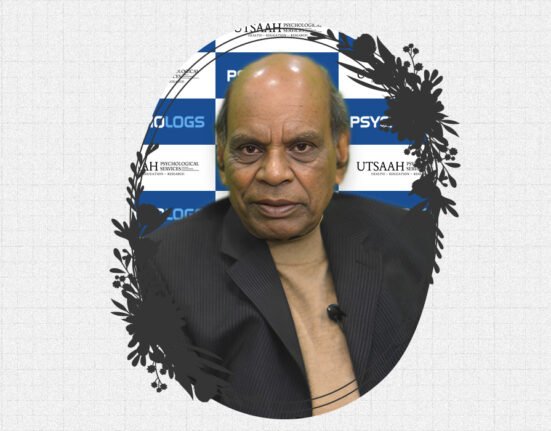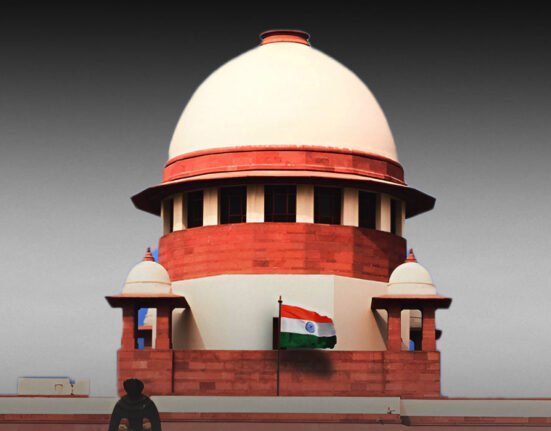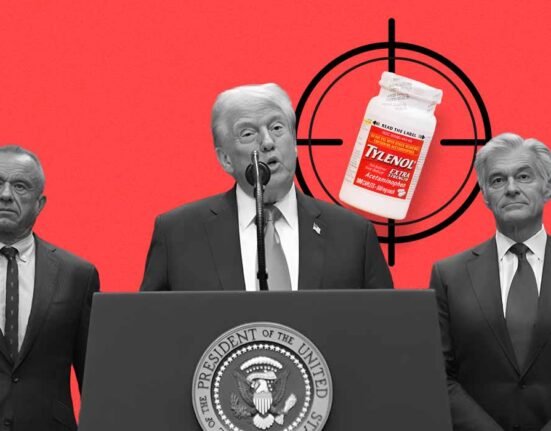A study was conducted in the US and China in which researcher did a large analysis of the children of these nations. Teens that live in larger families have poorer mental health as compared to those who live with fewer siblings or no siblings at all. The specifics (details) of the pattern vary based on variables like the ages of the siblings as well as the distance between their ages. But the lead author and professor of the Ohio State University found it surprising that the general trend was seen in both the nations.
Design of study & participants
In the Chinese analysis, the researchers involved more than 9,400 students of the eighth grade from the China Education Panel Study. And in the United States, they examined more than 9,100 eighth graders who were from the Early Childhood Longitudinal Study – kindergarten cohort of 1998. In comparison to American average youth, china’s average youth has approximately 0.7 fewer siblings. (.89 Versus 1.6)
Also Read: Single Child Or Siblings: What Do You Prefer?
Cross-country patterns
As per the prediction by the China’s One Child Policy, 34 percent of the china population is only children in contrast to the 12.6 percent of the American children. This is a significant discrepancy. Researchers inquired to the children about their mental health in the both nations, yet the question differed from each other in the nations. The average age of the student who were asked question were about 14 years old.
Impact of sibling dynamics
The study shows a comparison among the china and US adolescents’ mental health, in china those had no siblings had the strongest mental health but in US those had no sibling or one had alike mental health. Some concerns might only be examined by American data. According to the US study, having half or full siblings is connected with the worst mental health. Furthermore, having younger siblings and siblings those have a certain age gap likely to have the poorest effects on their well being. Those who have within one year gapped only showed the biggest negative link with mental health.
Also Read: Connection between perinatal depression & risk of suicide
Why poorer mental health is heightened?
When parental resources are compared to a cake, then having a kid indicates the child receive all the resources and proper attention from the parents. However, addition of more siblings distributes the all resources and attention of parents among them which might have an effect on the mental health of child. The argument is supported by the finding by saying that siblings with close spacing have the most negative impacts. Teenagers who are almost the similar age are going to fight for similar parental resources and attention. This is known as resource dilution. Another possibility is selectively explanation. There are additional differences among families with many compared to few children that might have damaging effect on their mental health.
Also Read: The Psychology behind Family Love
There are distinctions in the US and China support for the selectivity explanation. Children from families who have the highest level of financial advantage had the greatest mental health in both the nations. Siblings having high quality relation can improve mental health and have various benefits.
References+
- Original source: the journal of families
- www.journals.sagepub.com
- www.news-medical.net
- www.theweek.in













Leave feedback about this